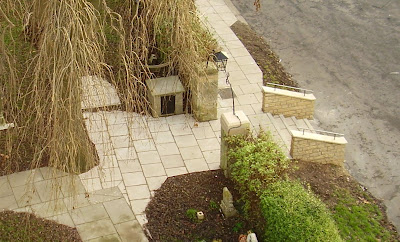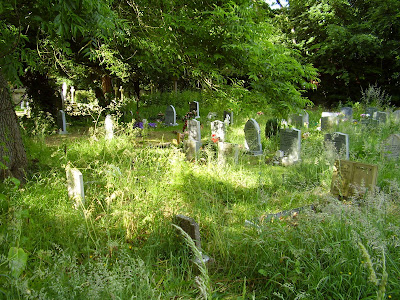 Sara Maitland spent forty days and forty nights in silence on Skye. It is part of a longer story which grew towards her present life in a hermitage. One of the many books to make its way into the house at Christmas is her new A Book of Silence. I’m only half way through but am already intrigued by questions such as how far some mystical experiences are part of the common phenomenon of silence rather than religious encounters as such. Meanwhile, her account of her time on Skye at the beginning has so many touching points with my far less isolated sabbatical experience ten years ago when I spent Lent in a religious community that I’ve also gone back to things I wrote then to spot a number of them.
Sara Maitland spent forty days and forty nights in silence on Skye. It is part of a longer story which grew towards her present life in a hermitage. One of the many books to make its way into the house at Christmas is her new A Book of Silence. I’m only half way through but am already intrigued by questions such as how far some mystical experiences are part of the common phenomenon of silence rather than religious encounters as such. Meanwhile, her account of her time on Skye at the beginning has so many touching points with my far less isolated sabbatical experience ten years ago when I spent Lent in a religious community that I’ve also gone back to things I wrote then to spot a number of them.Coquet Lighthouse seen from the Friary at Alnmouth
Being an habitual philanderer
with myself, I know how to prompt and tempt
(savouring irritations, flirting with
fantasies, enticing myself into
control and judgement) and do so with the
practised ease of a coquet’s winking eye.
Yet I am loved faithfully and can be
drawn quite another way, knowing even
acknowledged dalliances receive an
‘all is well’ as much as a ‘put this right’,
as somehow being asked to breakfast on
the shore merges with the cockerel’s call.
So, beginning intentioned silences here,
I try to see what dross my flirtations
leave, and value the metal left refined,
but find instead, at first, a single ore
whose indistinct spread is edged with joy, like
the long gaps marked by Coquet’s winking light.
The picture of tiles built into a wall are a further one from a post-Christmas walk by the Humber Bridge and the neighbouring clay pits and tile works.





























